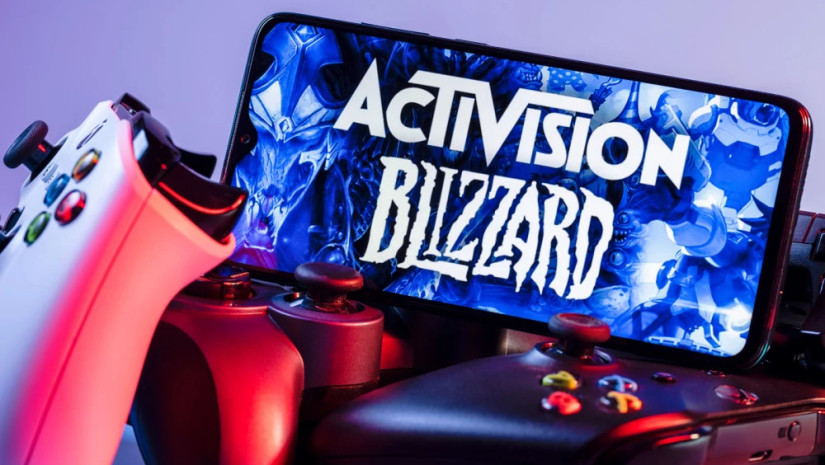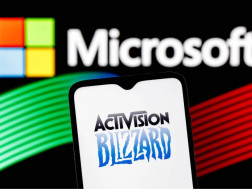A California judge is allowing Microsoft to close its acquisition of Activision Blizzard after five days of grueling testimony. Microsoft still faces an ongoing antitrust case by the Federal Trade Commission, but Judge Jacqueline Scott Corley has listened to arguments from both the FTC and Microsoft and decided to deny the regulator’s request for a preliminary injunction.
In a ruling submitted today, Judge Corley said the following:
Microsoft’s acquisition of Activision has been described as the largest in tech history. It deserves scrutiny. That scrutiny has paid off: Microsoft has committed in writing, in public, and in court to keep Call of Duty on PlayStation for 10 years on parity with Xbox. It made an agreement with Nintendo to bring Call of Duty to Switch. And it entered several agreements to for the first time bring Activision’s content to several cloud gaming services. This Court’s responsibility in this case is narrow. It is to decide if, notwithstanding these current circumstances, the merger should be halted—perhaps even terminated—pending resolution of the FTC administrative action. For the reasons explained, the Court finds the FTC has not shown a likelihood it will prevail on its claim this particular vertical merger in this specific industry may substantially lessen competition. To the contrary, the record evidence points to more consumer access to Call of Duty and other Activision content. The motion for a preliminary injunction is therefore DENIED.
Judge Corley has clearly sided with Microsoft on its commitments to keep Call of Duty on PlayStation and even extend the game to Nintendo Switch. Despite the FTC challenging Microsoft’s cloud agreements, Judge Corley took them into consideration in her decision.
In a statement following Judge Corley’s decision, Microsoft president Brad Smith said the company was “grateful to the Court in San Francisco for this quick and thorough decision and hope other jurisdictions will continue working towards a timely resolution.”
Activision Blizzard has also reacted to the decision. “Our merger will benefit consumers and workers,” Bobby Kotick, Activision Blizzard’s CEO, said in a statement. “It will enable competition rather than allow entrenched market leaders to continue to dominate our rapidly growing industry.”
The judge’s ruling now allows Microsoft to close its Activision Blizzard deal ahead of the July 18th deadline, but only if the company is willing to close around the UK or if the Competition and Markets Authority (CMA) is willing to negotiate some form of remedy. The UK regulator moved to block Microsoft’s proposed acquisition in April, and Microsoft is currently appealing that decision with a hearing set to start on July 28th.
MLex reported last month that Microsoft was exploring options to close the deal despite the UK block, which, in part, spooked the FTC enough to request an injunction in the first place. The CMA also filed to try and delay Microsoft’s appeal of its Activision Blizzard acquisition decision, with a request right in the middle of the FTC v. Microsoft hearing. The Competition Appeal Tribunal (CAT) shut that request down, as it would have pushed the appeal process from July to October — “contrary to justice and fairness.”
European regulators gave the deal the go-ahead in May, so Microsoft could now technically close without the UK and without an injunction in the US preventing it. That’s a complicated scenario though, so we’ll likely see Microsoft and Activision Blizzard temporarily extend their merger agreement to cover the CMA appeal process instead.
The FTC will now have the chance to appeal Judge Corley’s decision ahead of 11:59PM PT on July 14th, but the regulator didn’t appeal a court’s decision permitting Meta to acquire Within, so it may abandon its case against Microsoft and Activision Blizzard instead.
If the court order stands, this would be the second major loss for FTC Chair Lina Khan as the head of the regulator. Khan has been chasing Big Tech companies ever since she was confirmed as the head of the agency in 2021, The VERGE reports.


















